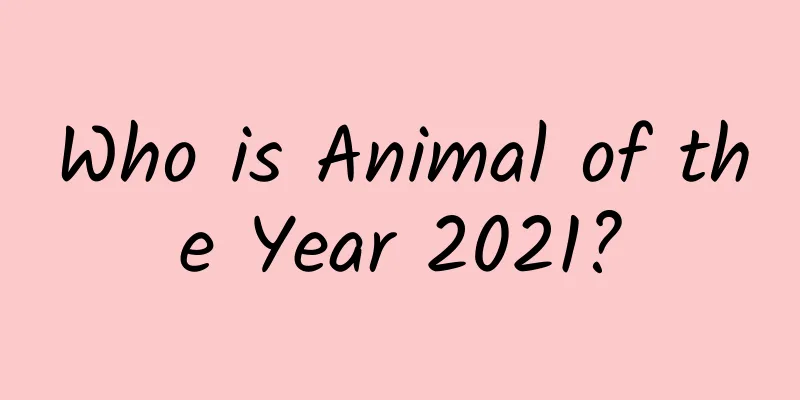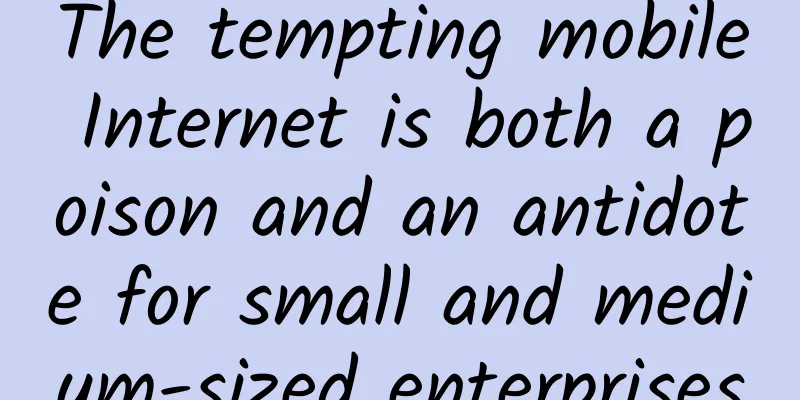The final struggle: Trump bans eight Chinese apps including QQ and Alipay

|
If nothing unexpected happens, January 20, 2021 will be the day when US President Trump steps down, which is only a dozen days away. However, Trump will not stop until he steps down.
Just a few hours ago, on January 5, Eastern Time, US President Trump issued an order prohibiting any US individual or entity from having any transactions with eight apps owned and controlled by Chinese companies. The eight apps are: Alipay, CamScanner, QQ Wallet, SHAREit, Tencent QQ, VMate (short video business incubated by Alibaba UC in India), WeChat Pay and WPS Office. Trump's old trick: national security Why did Trump do this? The formula remains the same: because of national security. It is understood that Trump stated in the executive order that based on Executive Order No. 13873 (Securing the Information and Communications Technology and Services Supply Chain) of May 15, 2019, he must take more measures to respond to national emergencies. What emergency? Trump said: Specifically, given the speed and popularity of their spread in the United States, certain Internet-connected mobile or desktop applications and other software developed or controlled by China continue to threaten the national security, foreign policy, and economy of the United States - so action must be taken to address the threats from these software applications from China. Trump said that by accessing personal electronic devices such as smartphones, tablets and computers, Chinese connected software applications can access and capture a wealth of information about users, including sensitive personally identifiable information and private information - which would enable China to track the location of U.S. federal employees and contractors and build dossiers on personal information. In fact, based on these considerations, Trump said that staff in many departments and agencies of the US government have been banned from using Internet software from China. But Trump felt it was not enough. In the executive order, Trump also talked about the practices of the Indian government. Previously, the Indian government had banned more than 200 Internet-connected software from China across the country. The Indian Ministry of Electronics and Information Technology stated in a statement that these applications "steal and secretly transmit user data to servers outside India in an unauthorized manner." Judging from the meaning of this passage, it seems that Trump copied the Indian government's homework. As a result, Trump said the United States must take aggressive action against those who develop or control Chinese internet software applications to protect U.S. national security. Specifically, it means cutting off any transactions between U.S. individuals and entities and the following Chinese apps: Alipay, CamScanner, QQ Wallet, SHAREit, Tencent QQ, VMate (a short video app incubated by Alibaba UC in India), WeChat Pay and WPS Office. It can be seen that Trump wants to ban these apps in the United States. It is worth mentioning that among these 8 apps, VMate is a short video app incubated by Alibaba UC in India, which mainly uses Hindi. The app has been banned by the Indian government and has been abandoned by the Alibaba UC team. It is really hard to complain about the US government's high-profile ban on an app that has no presence at all. Trump's final struggle before resignation Any executive order needs procedures and naturally takes time to take effect - let alone an executive order from US President Trump. In the executive order, Trump gave the U.S. Department of Commerce 45 days to implement it. Trump also ordered the U.S. Department of Commerce to continue evaluating Internet applications from China to see whether they pose an unacceptable threat to U.S. national security, foreign policy, and economy, and to take appropriate actions to comply with Executive Order 13873. In a word: it’s not over yet. Regarding Trump’s order, U.S. Commerce Secretary Wilbur Ross also said: Consistent with the authority the President has assigned to the Department of Commerce, I have directed my Department to begin implementing the instructions of the Executive Order, including identifying prohibited transactions related to certain Chinese internet software applications. Wilbur Ross also specifically expressed his support for Trump, and then used a lot of official rhetoric to express the legitimacy of his actions in the United States. But the problem is that Trump will step down as US President in less than 20 days, and the US Department of Commerce has 45 days to take action - according to Reuters, in order for the executive order to take effect, the US Department of Commerce plans to take action before Trump officially leaves office on January 20, 2021. It can be said that he has ulterior motives. But in the eyes of outsiders, Trump's move is not actually a so-called national security consideration, but is most likely a big pit he dug for the incoming US President-elect Biden before leaving office. For example, Li Mingtao, director of the China International Electronic Commerce Center Research Institute, said in an interview that this is Trump's move to create more new obstacles for the next government before he leaves office. In fact, as early as August 2020, US President Trump issued an executive order instructing the US Department of Commerce to prohibit US individuals and entities from transacting with WeChat and TikTok from China. At that time, Tencent expressed calmness about Trump's attempt to ban WeChat. Instead, many American companies doing business in China panicked. For example, well-known companies such as Apple, Walmart, and Disney all raised to the US government the impact of banning WeChat on their own development. But in the end, the implementation of this executive order was ultimately blocked by two judges in a US court. Now, Trump’s latest executive order is also likely to face challenges from the U.S. courts - but for Biden, how to deal with Trump’s executive order after taking office will be a very tricky issue. What is the impact of this attack? It can be said that Trump has gone to extremes in his stance against China. It is worth mentioning that when the Trump administration tried to ban TikTok and WeChat last year, my country’s Ministry of Foreign Affairs responded: The US has frequently used state power to unreasonably suppress Chinese companies under the pretext of national security. This is naked bullying. China firmly opposes this. The nature of this executive order is similar. In addition, regarding the US government executive order, Kingsoft Office, the company behind WPS Office, which was affected, responded on January 6: WPS products have more than 100 million users in overseas markets, most of whom are free users, with only a small amount of advertising business. The ban will not have a substantial impact on the company's business development in the short term; Kingsoft Office's own office software code technology has been independently developed for more than 30 years. It is not based on external open source or authorized by American companies, and maintains a good degree of technical independence; The company continues to pay attention to overseas markets and is also reviewing the possible consequences of the executive order to clarify its possible impact on the company. We will make further announcements in due course. |
<<: The top 10 mobile technologies to look forward to in 2021
>>: Do you understand these concepts in BLE?
Recommend
Competitive product analysis report: Bilibili VS A-station & TikTok
This article is a competitive product analysis re...
Tips for optimizing advertising accounts in the franchise industry!
Due to its own industry attributes, the target au...
Advertising cost data for 35 categories across 9 channels for your reference!
In this article, the editor has compiled a large ...
New smart home experience: Touch your iPhone to turn on the lights
Beijing time, November 4th morning news, Broadcom...
Why hasn't the smallpox virus been eradicated?
Recently, the Global Times reported that frozen b...
Is LeTV LeMe Bluetooth headset any good for a wireless experience at 99 yuan?
Electronic products surround the lives of modern ...
Kuaishou’s tips on how to create hits!
As a social method for the younger generation, &q...
How does a weight loss community operate with a turnover of 10 million in 3 months?
April to December every year is the golden period...
No one can write good copy by piling up buzzwords!
I once wrote a sentence on the packaging of my fa...
It’s 2022, why are people still spreading these COVID-19 rumors?
Recently, with the recurrence of the COVID-19 pan...
Honda: Honda's sales in November 2023 were 106,654 units, a year-on-year increase of 36.5%
According to media reports, Honda announced its s...
Is it just games that WeWhale is trying to grab in the e-sports market again by taking advantage of NEST2015?
As Internet companies and traditional home applia...
Who is eating up the world?
Marc Andreessen once famously said, "Softwar...
How much does it cost to create a bargaining app in Hailar?
The factors that affect the quotation produced by...









